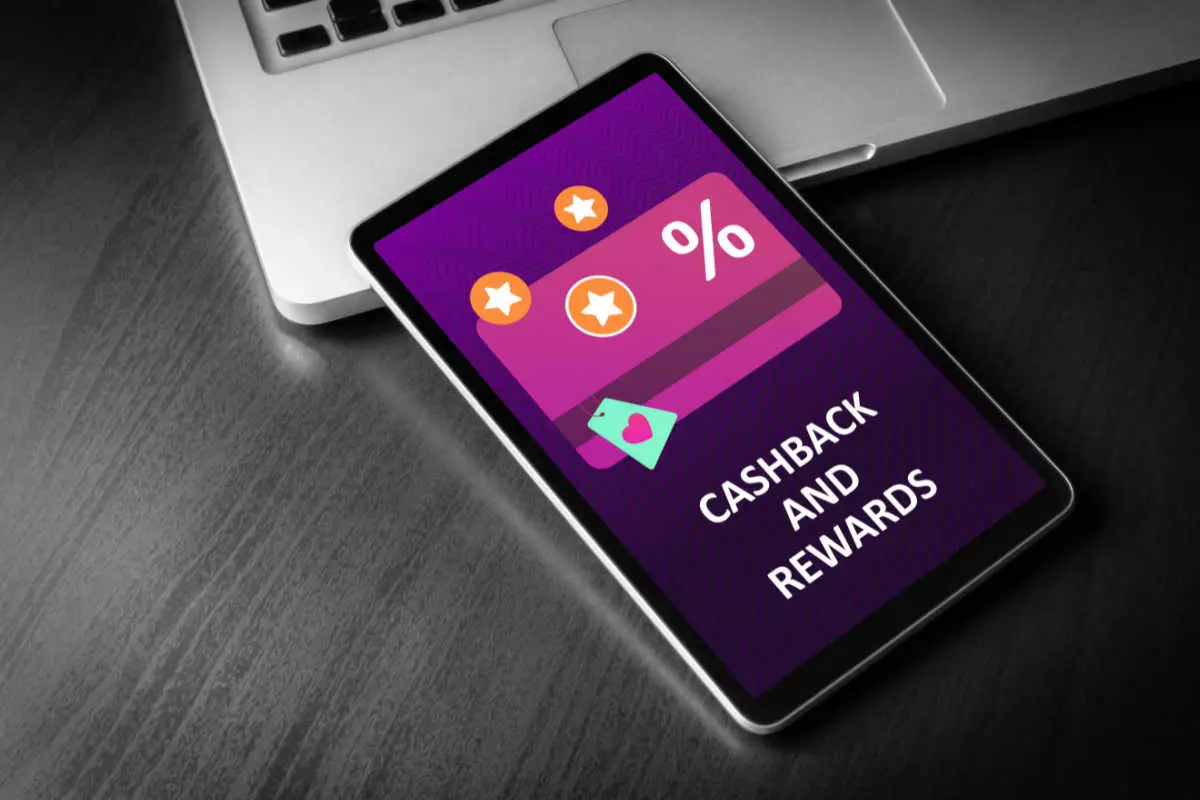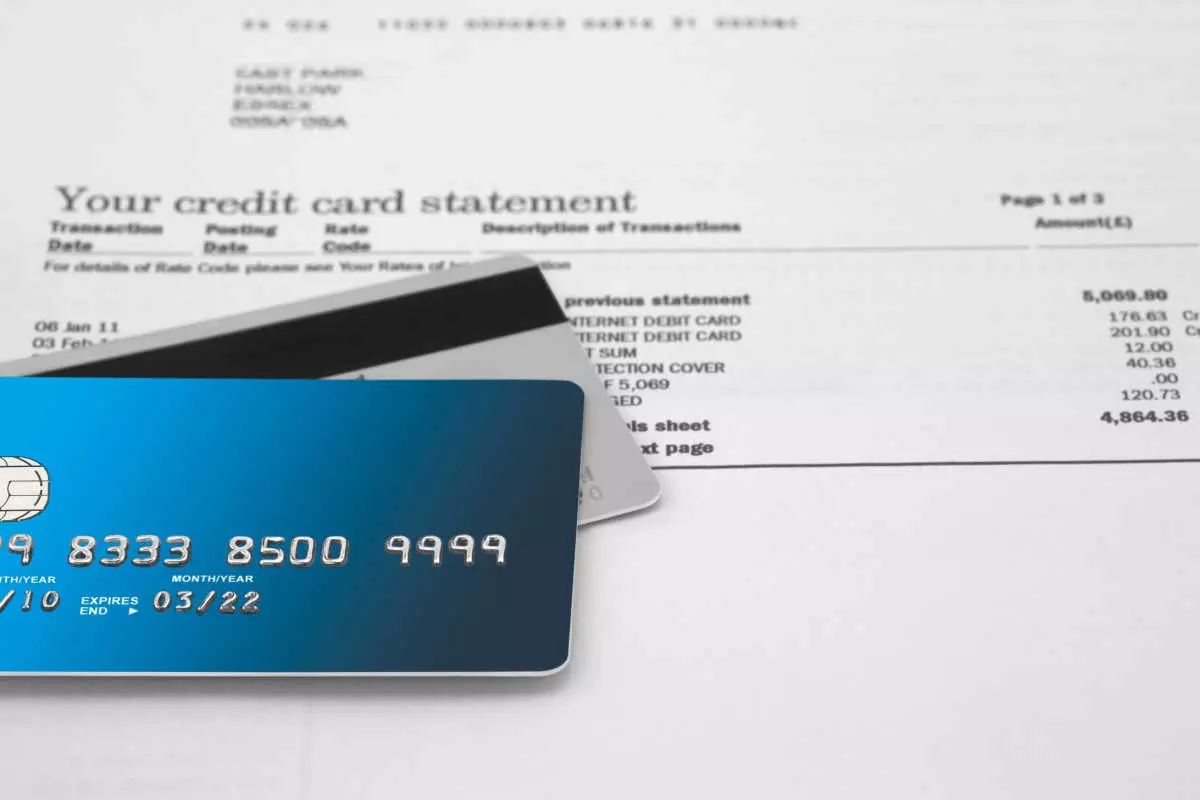5 Differences Between Business Credit Cards and Personal Credit Cards
While they may look similar, business and personal credit cards have distinct features and are designed to cater to different needs. For example, personal cards are generally made for individuals to make everyday purchases. On the other hand, business cards are meant to be used by businesses for company-related expenses.
As a small business owner, you can still use your personal credit card for business purposes. However, business credit cards may offer several advantages if you plan to grow your business and access a higher line of credit. In this blog, we will look at the six biggest differences between a business credit card vs personal card.
Business Credit Cards vs. Personal Credit Cards
Understanding different credit card types can help you make informed decisions about which card is best for your business. In a nutshell, business cards can be more convenient than personal credit cards, as they are primarily issued to serve the business’ operations. But let’s look at all the applicable differences between a business credit card vs personal one, including:
- Credit limits
- Benefits and rewards
- Credit reporting policies
- Interest rates
- 0% intro APR periods
- Authorized user employee cards
Credit Limits
First and foremost, business credit cards usually come with higher credit limits than personal cards. According to Experian, the average personal credit card limit is $30,233, while the average business credit card limit is $56,100. This is because the card issuer considers both your personal and business income level and credit score. When applying for a personal credit card, the issuer evaluates your creditworthiness only based on your personal information.
If your business revenue is higher than your personal income, you may qualify for a higher credit limit. This can significantly benefit the company, especially if it has high operating costs – for example if you spend a lot on inventory each month. However, credit limits may vary from one card issuer to another, so it’s always a good idea to read the terms and conditions of any credit card before applying.
Benefits and Rewards
Certain benefit packages are standard for both types of cards, such as travel or restaurant bonuses. However, business credit cards may offer reward programs specifically tailored to business needs, such as cashback on office supply purchases, bonus rewards for phone bills, or travel rewards for business tips.

These rewards programs may have higher spending limits than personal cards to encourage businesses to use the card for company-related expenses. On the other hand, personal credit cards usually offer other types of rewards and benefits, such as bonuses at grocery stores or drugstores.
Credit Reporting Policies
Personal credit cards are reported to consumer reporting agencies such as Equifax, Experian, and TransUnion, and the changes to your credit usage can affect your personal credit score. On the other hand, company credit cards report to business credit bureaus, such as Dun & Bradstreet, Experian Business, and Equifax Business. Changes usually have little or no impact on your personal credit score. However, there are two main exceptions to this:
- Most small-business credit cards also depend on your personal credit score. A hard credit check may affect your personal credit.
- Business credit cards report negative activity to consumer credit bureaus. So, late or missed payments can lower both your business and personal credit score.
Another difference is that personal credit card issuers typically report to credit bureaus monthly. In contrast, business credit card issuers report more often, such as weekly or bi-weekly, and provide more up-to-date information.
Credit reporting can affect your personal and business credit score. For instance, timely and responsible credit usage can increase your credit score, while late payments and maxing out credit cards can decrease your score and make it harder to qualify for credit in the future.
The same goes for business credit cards, but the business’s credit score is typically affected instead of your personal one. Irresponsible credit behavior can also negatively impact the business’s ability to attract investors and partners.
Interest Rates
The interest rates on business and personal credit cards can vary widely depending on the card issuer, the creditworthiness of the applicant, and other factors. However, business credit cards generally tend to have higher interest rates than personal ones. For instance, the Federal Reserve reports that the average APR for personal credit cards is 14.75%, while business card APR is around 16% to 23%.
0% Intro APR Periods
Both personal and business credit cards may offer introductory and promotional periods, such as 0% APR terms.

However, personal credit cards usually offer them for longer periods, which can range over a year. Conversely, business credit cards typically only offer 0% periods for up to a year.
Authorized Users
A business can grant employees access to use the cards for company-related purchases and expenses. It is similar to authorizing another person to use your personal credit card, but only for business purposes. You can give your employees access to the business’s line of credit through their own cards.
You can set spending limits and purchase restrictions for employees and receive transaction alerts. This will prevent them from using the card for personal purposes. Authorized employee cards can also make it easy to track employees’ spending for accounting purposes. Some personal credit card issuers may also allow spending limits for authorized users.
How To Choose Which Card Is Best For You
Choosing between a business credit card and vs personal one depends on your business’s needs and financial situation. Here are some factors that can help you decide which one is better for you:
Purpose
First, consider how you plan to use the card. If you’re a newly established business with no credit or a sole proprietor, then a personal credit card may be more appropriate. However, a business card would be more suitable if you need to cover large-sum business expenses, as it will separate business-oriented finances from personal ones.
Liability
Whichever card you choose, keep your business and personal accounts separate. This can simplify the process of filing taxes and protect your personal assets if the company experiences legal problems.
Rewards
If you spend thousands of dollars monthly on business expenses, you might want a business credit card with rewards tailored to your company’s needs. Using a business credit card vs a personal card, you can earn cash back and discounts on business trips, shipping, Internet, cable, phone services, and even social media advertising.
Fees
Consider the terms and prices of each type of card, including the annual fee and interest rate. The yearly fees for personal and business credit cards can range from $0 to $150 on average. Both your and your business’s creditworthiness will determine the interest rates. Remember to also check the late payment fees that can range from $25 to $75 or more, foreign transaction fees, which are generally 1% to 3% of the total transaction amount, and other applicable costs.

Keep in mind that late fees on business cards can be much higher than on personal cards. For instance, the standard late fee on a personal credit card may be between $25 and $40 for the first late payment, while for business cards, the range may be between $50 and $60. Moreover, business cards typically have more unique fees than personal cards, such as credit card processing fees (1.5% to 3.5% of the transaction plus an additional flat fee) and employee card fees.
Ultimately, the best credit card for you depends on your unique circumstances. For instance, a business card has specific rewards aimed at helping small businesses in their operations. However, a personal credit card can still be enough if you’re an individual contractor, freelancer, or are beginning a new venture.
Final Thoughts
In conclusion, business cards offer more unique benefits to small businesses, including higher credit limits and more beneficial rewards packages. Therefore, a business credit card may be worth considering for any business with growth prospects. However, personal credit cards may be more suitable for individual contractors, freelancers, and other sole proprietors.
FAQ on Business vs Personal Credit Cards
What Is a Business Credit Card?
A business credit card is specifically designed for small businesses and their employees to use for business expenses. It is similar to a personal credit card, as it offers the same features, such as making purchases, withdrawing cash, and earning rewards. However, they also have features tailored to the needs of businesses, including higher credit limits, expense tracking, and employee spending controls.
What Is the Benefit of a Business Credit Card?
There are several benefits to using a business credit card instead of a personal one:
- Separating business and personal expenses
- Qualifying for higher credit limits
- Issuing business credit cards to employees with preset spending limits
- Building credit that can help you apply for loans and lines of credit for your business in the future
- Getting access to rewards such as cashback and discounts on office supplies or business travel expenses
What Business-Related Purchases Can Be Made Using a Company Card?
Business credit cards are specifically designed to cover business-oriented expenses, such as:
- Office supplies – paper, ink cartridges, furniture, computers, pens, and other supplies needed for daily operations.
- Business travel – airfare, hotel reservations, and transportation costs, such as car rentals.
- Software and subscriptions – software applications, online services, and subscriptions to publications.
- Marketing expenses – social media ads, business cards, brochures, and other promotional materials.
Is It Illegal To Get A Business Credit Card For Personal Use?
No, it is not illegal to get a business credit card for personal use. However, it may be considered unethical or against the terms of service of the credit card issuer.
Most business credit cards are meant for use by the business and its employees for business expenses. If you use a business credit card for personal expenses, you may be in violation of the cardholder agreement and could face consequences such as fines, higher interest rates, or loss of the card.
Additionally, if the business is a separate legal entity, using a business credit card for personal expenses could be considered a misappropriation of funds. It is always best to use credit cards for their intended purpose and to review the terms and conditions of the card before using it.
Table of Contents
- Business Credit Cards vs. Personal Credit Cards
- Credit Limits
- Benefits and Rewards
- Credit Reporting Policies
- Interest Rates
- 0% Intro APR Periods
- Authorized Users
- How To Choose Which Card Is Best For You
- Purpose
- Liability
- Rewards
- Fees
- Final Thoughts
- FAQ on Business vs Personal Credit Cards
- What Is a Business Credit Card?
- What Is the Benefit of a Business Credit Card?
- What Business-Related Purchases Can Be Made Using a Company Card?
- Is It Illegal To Get A Business Credit Card For Personal Use?